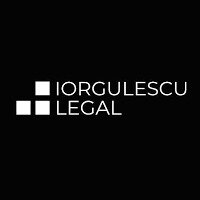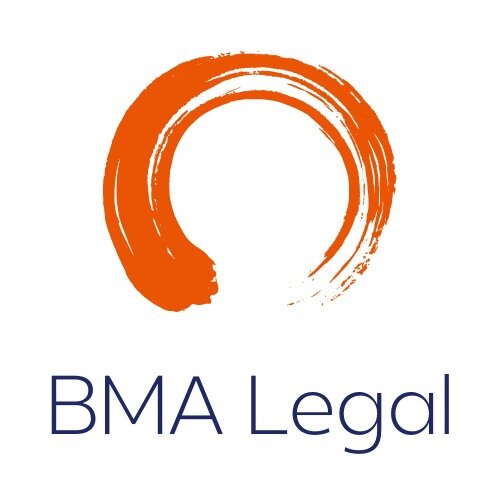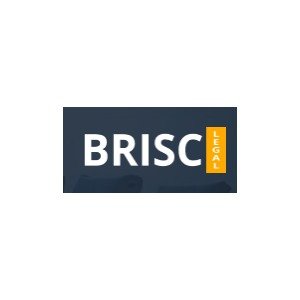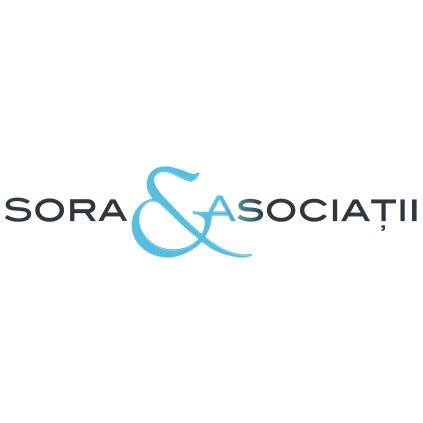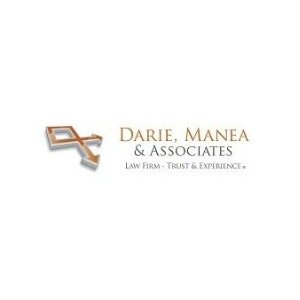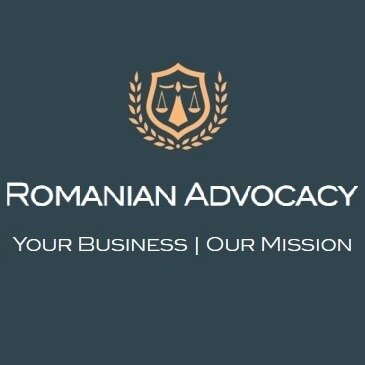Best Debt & Collection Lawyers in Romania
Share your needs with us, get contacted by law firms.
Free. Takes 2 min.
Or refine your search by selecting a city:
List of the best lawyers in Romania
About Debt & Collection Law in Romania
Debt & Collection laws in Romania are designed to regulate the legal framework for the recovery of debts. These laws aim to protect both creditors and debtors by ensuring a transparent and fair process. The Romanian legislation aligns with European Union regulations and includes both judicial and extrajudicial methods for debt recovery. Key legislation includes the Civil Code and regulations outlined by the National Authority for Consumer Protection, which provides guidelines and protections for consumers in debt collection situations.
Why You May Need a Lawyer
There are several scenarios in which you might require legal help with Debt & Collection in Romania. Common situations include:
- Difficulty in recovering a debt due to unresponsive debtors.
- Disputes over the amount owed or payment terms.
- Challenging unlawful debt collection practices from creditors.
- Protection against debtor harassment or rights infringement.
- Guidance on restructuring debts or filing for insolvency.
- Ensuring compliance with Romanian and EU debt recovery laws.
Local Laws Overview
Debt & Collection laws in Romania can be broadly divided into several key areas:
- Civil Procedure Code: Governs the court processes for debt recovery and enforcement.
- The Civil Code: Establishes the general rules concerning financial obligations and contracts.
- Consumer Protection Law: Protects consumers from unethical practices by creditors and collection agencies.
- Insolvency Law: Provides the legal framework for individuals and businesses struggling to pay their debts and might need to file for insolvency.
- EU Directives: As part of the EU, Romania adheres to European standards for debt recovery, ensuring cross-border consistency.
Frequently Asked Questions
What steps can I take if someone owes me money?
You may start with amicable recovery attempts, and if unsuccessful, consider legal advice to pursue judicial recovery through the courts.
Are there protections against aggressive debt collection methods?
Yes, Romanian law prohibits harassment and unethical practices. Consumers can file complaints with the National Authority for Consumer Protection.
How long do I have to pursue a debt collection case?
The prescription period generally is three years from the date the debt was due, but specific circumstances may affect this timeframe.
Can a lawyer help if I’ve been wrongly listed in a debtor registry?
Yes, a lawyer can assist in resolving disputes and correcting wrongful listings in credit databases.
What if I disagree with the amount claimed by a creditor?
You should dispute the claim in writing and may need legal assistance to resolve discrepancies or challenge the claim in court.
How can I handle debts that I genuinely cannot pay?
You could explore debt restructuring or insolvency options, often requiring legal guidance to navigate effectively.
Is it possible to negotiate a lower settlement on a debt?
Yes, creditors might be willing to negotiate a repayment plan or reduce the total amount owed, often facilitated by legal representation.
What happens if a debt collection case goes to court?
The court will assess the evidence from both parties and make a ruling. Legal representation can increase your chances of a favorable outcome.
Can foreign creditors pursue a debt collection case in Romania?
Yes, foreign creditors can pursue debts in Romania, adhering to EU regulations and local legal procedures.
Will a debt collection case affect my credit score?
Unresolved debts and legal actions can negatively impact your credit score, affecting future borrowing opportunities.
Additional Resources
For those seeking further information or assistance in the area of Debt & Collection in Romania, consider the following resources:
- National Authority for Consumer Protection: Provides consumer rights guidance and mediates complaints.
- The Romanian Bar Association: Offers directories of qualified legal professionals specializing in debt recovery.
- Chambers of Commerce and Industry: Can offer advice and arbitration services for businesses dealing with debt issues.
- Insolvency practitioners: Provide guidance on restructuring and insolvency procedures.
Next Steps
If you need legal assistance in Debt & Collection in Romania, consider the following steps:
- Document all relevant information related to the debt or collection case, including communications and any agreements.
- Consult a legal professional specializing in Debt & Collection to understand your rights and options.
- Assess whether mediation, arbitration, or court proceedings are necessary for your situation.
- Stay informed about changes in local laws and regulations that may affect your case.
Lawzana helps you find the best lawyers and law firms in Romania through a curated and pre-screened list of qualified legal professionals. Our platform offers rankings and detailed profiles of attorneys and law firms, allowing you to compare based on practice areas, including Debt & Collection, experience, and client feedback.
Each profile includes a description of the firm's areas of practice, client reviews, team members and partners, year of establishment, spoken languages, office locations, contact information, social media presence, and any published articles or resources. Most firms on our platform speak English and are experienced in both local and international legal matters.
Get a quote from top-rated law firms in Romania — quickly, securely, and without unnecessary hassle.
Disclaimer:
The information provided on this page is for general informational purposes only and does not constitute legal advice. While we strive to ensure the accuracy and relevance of the content, legal information may change over time, and interpretations of the law can vary. You should always consult with a qualified legal professional for advice specific to your situation.
We disclaim all liability for actions taken or not taken based on the content of this page. If you believe any information is incorrect or outdated, please contact us, and we will review and update it where appropriate.
Browse debt & collection law firms by city in Romania
Refine your search by selecting a city.




